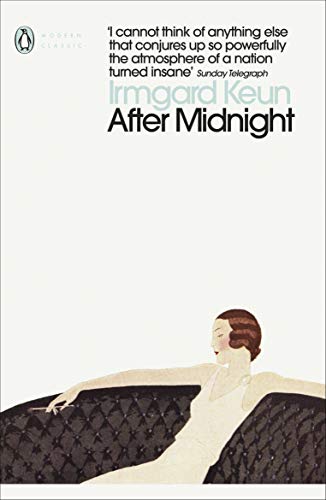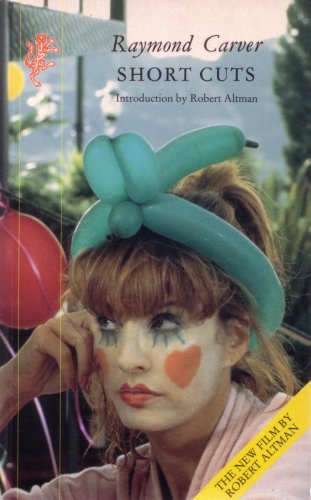Book 45 - Irmgard Keun "After Midnight"
Sep. 11th, 2022 09:37 amIrmgard Keun "After Midnight" (Penguin Modern Classics)

When the book was published in 1937, Irmgard Keun was living in exile in the Netherlands, her previous novels having been banned by the Nazi regime. As the editorial note at the end of the Kindle edition explains, Keun returned to Germany when the Netherlands fell to Germany in 1940. She travelled on a passport in an assumed name, after the publication of reports that she had committed suicide. She then lived with her parents in Germany for the duration of the war.
This is a short work and easy to read. However, its simplicity is deceptive and the final effect of the work is devastating. The novel is in the form of a first-person narrative and the story is slight. The narrator is Sanna, an unsophisticated and naïve 19 year old in Frankfurt, who is not interested in politics and has the same concerns as other girls of the same age. Sanna is in love with the unprepossessing Franz and she wants to have fun. Her friend Gerti is in love with a Jewish boy (or rather, with the son of a Jewish man). Her sister-in-law fancies herself to be in love with anti-Nazi writer Heini. Her brother Algin, a novelist, contemplates whether he can conform and write in a manner which will not cause him political problems.
Sanna’s observations about life for ordinary Germans under the Nazi regime are a large part of what makes this work a treasure. Her observations are ironic and often laugh-out-loud funny, all the more so because Sanna is not consciously criticizing Nazism : rather, she relates its contradictions and perversity in a matter-of-fact manner which leaves the reader in no doubt as to Keun’s views. As the novel progresses, the mood becomes darker and more desperate. Events start to spiral out of Sanna’s control and her state of mind is reflected in the narrative. Juxtaposed to Sanna’s first person narrative is her reporting of the comments of other characters, in particular those of Heini, who provides a much more direct criticism of Nazism than that of Sanna.
This novel provides an amazing insight into life in 1930s Germany and in particular into the choices which had to be made by writers. I recommend this fairly short novel.

When the book was published in 1937, Irmgard Keun was living in exile in the Netherlands, her previous novels having been banned by the Nazi regime. As the editorial note at the end of the Kindle edition explains, Keun returned to Germany when the Netherlands fell to Germany in 1940. She travelled on a passport in an assumed name, after the publication of reports that she had committed suicide. She then lived with her parents in Germany for the duration of the war.
This is a short work and easy to read. However, its simplicity is deceptive and the final effect of the work is devastating. The novel is in the form of a first-person narrative and the story is slight. The narrator is Sanna, an unsophisticated and naïve 19 year old in Frankfurt, who is not interested in politics and has the same concerns as other girls of the same age. Sanna is in love with the unprepossessing Franz and she wants to have fun. Her friend Gerti is in love with a Jewish boy (or rather, with the son of a Jewish man). Her sister-in-law fancies herself to be in love with anti-Nazi writer Heini. Her brother Algin, a novelist, contemplates whether he can conform and write in a manner which will not cause him political problems.
Sanna’s observations about life for ordinary Germans under the Nazi regime are a large part of what makes this work a treasure. Her observations are ironic and often laugh-out-loud funny, all the more so because Sanna is not consciously criticizing Nazism : rather, she relates its contradictions and perversity in a matter-of-fact manner which leaves the reader in no doubt as to Keun’s views. As the novel progresses, the mood becomes darker and more desperate. Events start to spiral out of Sanna’s control and her state of mind is reflected in the narrative. Juxtaposed to Sanna’s first person narrative is her reporting of the comments of other characters, in particular those of Heini, who provides a much more direct criticism of Nazism than that of Sanna.
This novel provides an amazing insight into life in 1930s Germany and in particular into the choices which had to be made by writers. I recommend this fairly short novel.
